PD: Fake coupons used to steal from Target
PHOENIX — Police say they have arrested a woman who used fake, homemade coupons to steal hundreds of thousands of dollars from Target stores around the Valley. Terry Darcy, 51, was taken into custody on Friday. She’s facing charges of theft by misrepresentation, possession of forged instruments and trafficking in stolen property. The investigation began six weeks ago after police were contacted by analysts from Target. The Target analysts suspected Darcy was using the fake coupons to get large quantities of products for free. Detectives with the Phoenix Police Business and Economic Stability Team (B.E.S.T.) immediately began gathering information and evidence including receipts and video surveillance footage. The investigation showed more than $175,000 in current loss to the business, but records also indicate the suspect may have been operating since 2008 and could have obtained more than $300,000 a year in fraudulent theft and returns.
Lear More
Counterfeiting Operations: 7 arrested for fake bills
A counterfeiting operation that distributed more than $200,000 in fake $100 bills was brought down in part after phony money used at five Columbus-area stores was confiscated, police said. Four Indianapolis residents were arrested Dec. 1 on the southeast side of Columbus on forgery charges, accused of passing the fake bills in Edinburgh and Columbus. The counterfeiting activity, which occurred in recent months, took place primarily in central Indiana, police said. Additionally, a Columbus man was among three people arrested during a Dec. 10 raid at a home on the east side of Indianapolis, where counterfeit $100 bills, guns, ammunition and drug paraphernalia were discovered, said Gary Durham, special agent in charge of the Secret Service’s Indianapolis field office.
Lear More
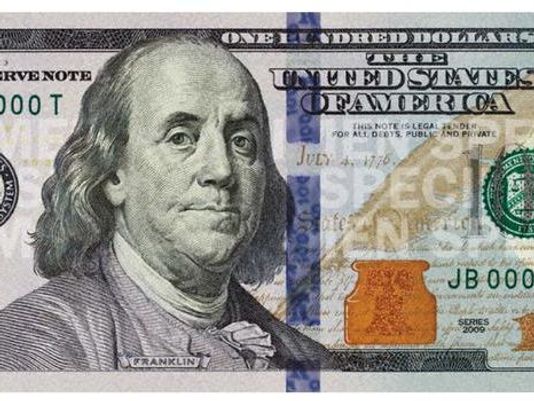
Details emerge about Indy counterfeiting ring
A counterfeiting operation busted last week in Indianapolis used high-quality printers, laminating machines and even a counterfeit bill detector to create hundreds of thousands of dollars in bogus money, federal officials said today. The U.S. attorney’s office announced federal charges against 24-year-old Brandon Clark, who prosecutors say ran the criminal enterprise and would sell a fake $100 bill for $20. Clark’s residence on Riley Avenue on the city’s Eastside was searched by investigators last Tuesday. What law enforcement found,” U.S. Attorney Joe Hogsett said, “was evidence of one of the most sophisticated counterfeiting operations that the city of Indianapolis has ever seen.“All told, we now believe this criminal operation may have been responsible for more than $300,000 in fake currency.” Court documents allege Clark had run the money-printing operation out of the home since at least September. While most of the money was circulated around Indianapolis and surrounding areas such as Johnson County, some bills could have made their way to Kentucky and Ohio.
Lear More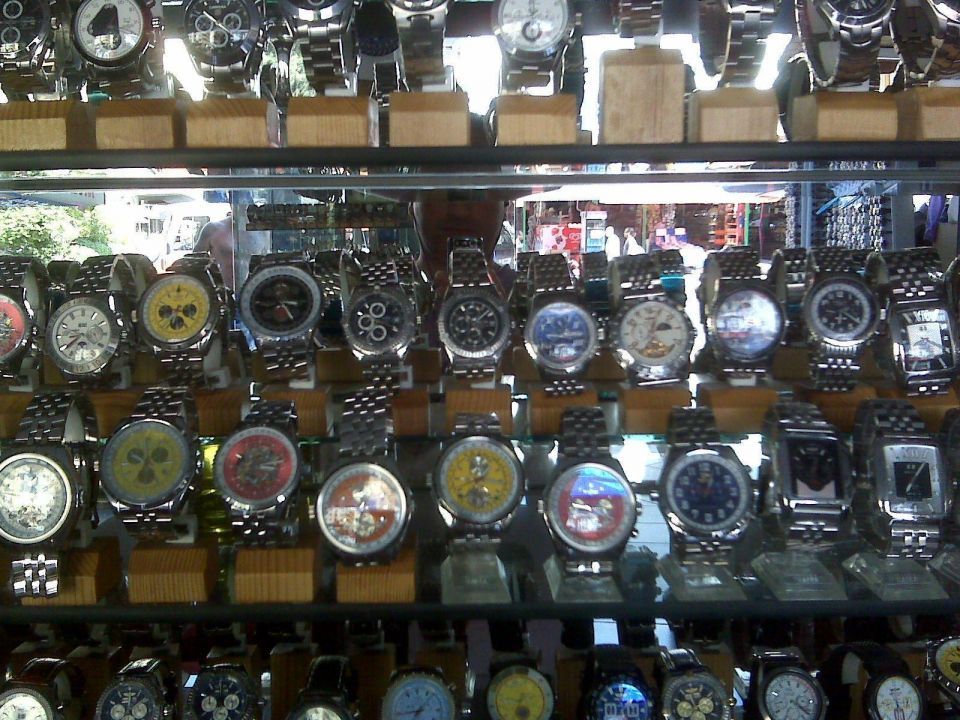
‘Buying fake goods should be criminal offence’: top Dubai cop
A top Dubai Police officer has said he supports making it illegal to purchase fake goods such as handbags, watches and pharmaceuticals, in a move that could force areas such as Karama to shutdown.
Head of quality control at Dubai Police, Major General Abdul Quddus Abdul Razak Obaidli, told Arabian Business customers who know they are buying counterfeit products should be fined similarly to those selling the goods. “It’s illegal to have the goods in your premises in order to sell it, but when you’re buying [the fake goods] it’s legal,” Obaidli said. “And if you ask me for my personal opinion, why not [fine the customer too]? If they are buying a good and they know this is a counterfeit product, why not [punish them] similar to copyright law?
Lear MoreCrackdown on oil smuggling begins
SAN FERNANDO CITY — The new police chief of the Ilocos Region began a crackdown on smuggling of oil products into the region through the Poro Point Freeport Zone. Police Chief Supt. Moro Virgilio Lazo said he will work in tandem with the Philippine Ports Authority and the Bureau of Customs in running after the smugglers in an interview at Camp Gen. Florendo after the command was turned over to him by outgoing regional police chief Ricardo Marquez. “We will first countercheck the accuracy of the reports,” said the new police chief whose regional headquarters stand on top of a hill overlooking the Freeport zone. Lazo was informed that although no one has been caught smuggling oil through the freeport, a mushrooming of independent gasoline stations selling cheaper fuel than the major oil companies was seen as proof that the only international port in northwestern Luzon is being used as the entry point for smuggled oil products. Refined oil products including diesel, regular, unleaded and premium gasoline sold by independent gas stations at cheaper prices by an average of P3 per liter compared to prices offered by the big three: Petron, Shell and Caltex.
http://manilastandardtoday.com/2013/12/16/crackdown-on-oil-smuggling-begins-/
Lear More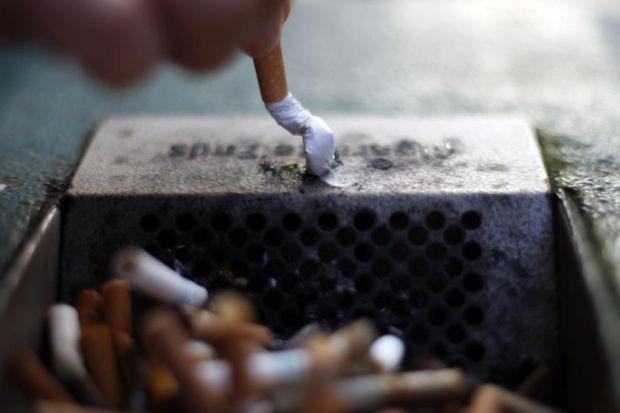
Glasgow ‘worst in UK for sale of illegal cigarettes
A Scotland-wide test purchase investigation, where trained undercover buyers purchase illegal tobacco, found more in Glasgow than anywhere else in the UK. The exercise, run by former Scotland Yard Detective Chief Inspector Will O’Reilly, found illegal products on offer at the Barras, in pubs and an ethnic food shop. Mr O’Reilly said: “Right across Scotland, we purchased illicit tobacco in great volumes, and Glasgow was one of the areas in which we found it easy to access. Through our findings, it would generally appear there is a correlation between areas of deprivation and the illicit tobacco trade. We know that organised crime is behind the trade in illicit tobacco. “Criminals are turning from harder crimes to the illicit trade in tobacco products due to higher profit margins and fewer risks involved.” At the Barras, test purchasers bought illicit cigarettes from four sellers, including one who had his wares in full display. In total, from the Barras market the test purchasers bought seven cartons of cigarettes and one pouch of a known loose tobacco being sold at £6.50. They also found illegal copies of well-known cigarette brands in several pubs, a social club and a mobile phone shop.
Lear More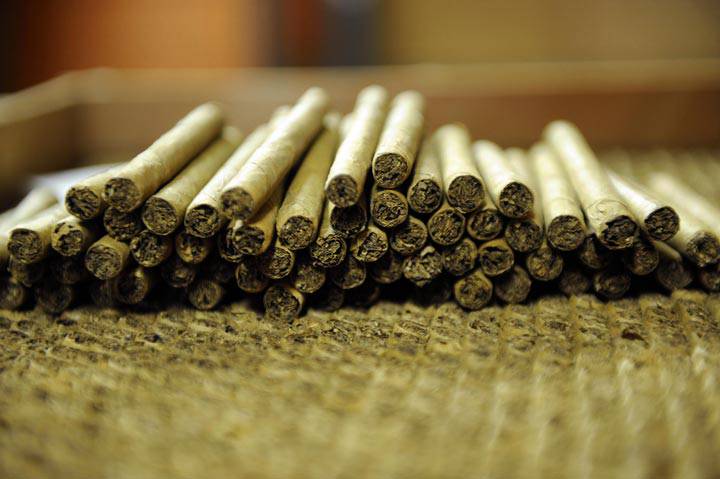
Police dismantle major tobacco smuggling ring in Ontario
HAMILTON, Ont. – Authorities say a large contraband tobacco smuggling and trafficking operation has been dismantled in southwestern Ontario. It’s alleged the ring was responsible for smuggling more than 66 tonnes of un-stamped water pipe tobacco into Canada since 2010. Nine people are facing charges following a joint investigation by Hamilton and Niagara area RCMP, the Canada Border Services Agency and the Ontario Ministry of Finance. Police say the investigation began in 2011 into a local individual suspected of smuggling un-stamped water pipe tobacco for local distribution. But as the investigation went on, they say a larger organization was uncovered that reached beyond the Hamilton area.
http://globalnews.ca/news/
Nine charged in major Ontario tobacco smuggling ring
Authorities say a large contraband tobacco smuggling and trafficking operation has been dismantled in south western Ontario. It’s alleged the ring was responsible for smuggling more than 66 tonnes of unstamped water pipe tobacco into Canada since 2010. Nine people are facing charges following a joint investigation by Hamilton and Niagara area RCMP, the Canada Border Services Agency and the Ontario Ministry of Finance. Police say the investigation began in 2011 into a local individual suspected of smuggling unstamped water pipe tobacco for local distribution. But as the investigation went on, they say a larger organization was uncovered that reached beyond the Hamilton area.
Lear More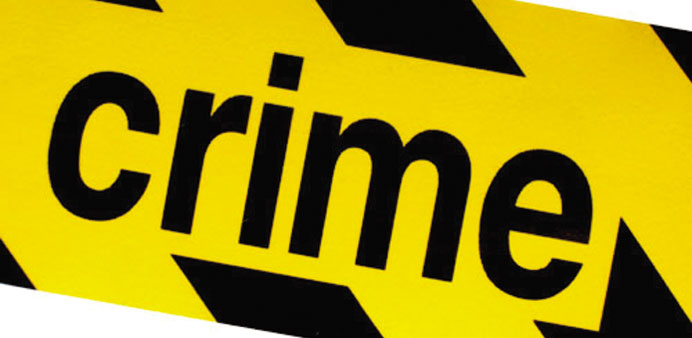
Smuggling ‘Rife in Clark Freeport Zone
Some firms at the Clark Freeport Zone (CFZ) are being used in the smuggling of raw materials or finished products for export, with most of them usually ending up in the local market. Voluminous reports obtained by Manila Times showed that the Clark Development Corp’s (CDC) anti-smuggling task force has been apprehending some movers and confiscating items about to be smuggled out of the ecozone. The most recent apprehensions by the Task Force on Revenue and Tax Monitoring led to the confiscation last November 9 of an undetermined number of cut gloves and five rolls of anti-static fabric, 19 boxes of sticky mats and three boxes of cotton M-3 wiper. On June 17, the task force seized a truckload of computer servers and accessories after the driver presented only a gate pass from Rapat of Philexcel Business Park and not a permit to bring the items out of the zone. Arnel Maguillo, chief of the anti-smuggling task force, reported at least 50 cases of interceptions and confiscations of goods about to be smuggled out of the zone between December 2004 and June this year. The 50th entry of the group’s accomplishment report said: “Secured all evidences regarding shipment of luxury cars (brand-new 2-door Gallardo Lamborghini worth $167,850 or P7.4mn) coming from Dubai via Subic and arrived at Clark Customs Clearance Area last Dec 22, 2004. Submitted official report to the office of the president, task force chairman.”
Lear More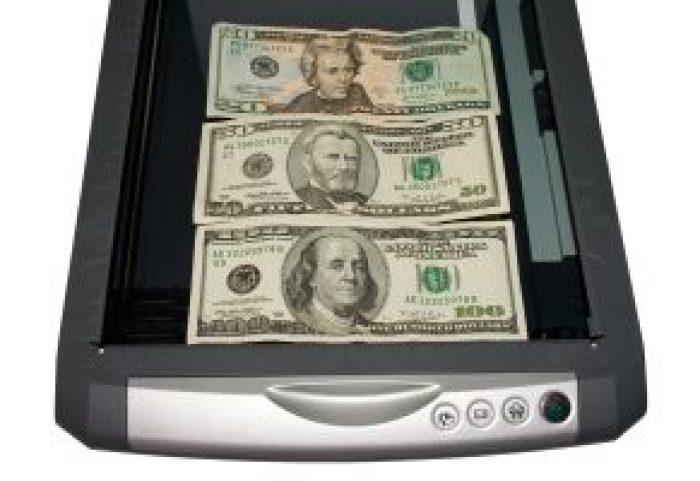
Counterfeiting: don’t let it ruin your Christmas
It has been reported that the sale and distribution of counterfeit goods seems to escalate during the Christmas season. Counterfeit goods are everywhere, from fake clothing and detergents to poor quality toys which is particularly problematic at this time of the year. As a consumer, you may choose to buy counterfeit goods and therefore are prepared to take the risk that the goods are in some way sub-standard but what about the increasing number of us who end up with counterfeit goods believing we had purchased the genuine item? A consumer could be left with a product they are disappointed with, and the legitimate brand owner is left with potentially declining profits and dwindling goodwill in the brand. For all businesses, it is becoming increasingly important to understand where your product stands in the marketplace. If you have a suspicion that someone may be selling your product on-line or they are copying your brand identity or producing counterfeit products, there are options available to you to ensure that you do not lose any further money, brand reputation, or customers. Expert Investigations, a nationwide commercial detective investigation agency have a wealth of experience investigating counterfeit product cases working on behalf of Intellectual property firms, authorities and brand owners.
http://realbusiness.co.uk/article/25056-counterfeiting-dont-let-it-ruin-your-christmas
Lear More


